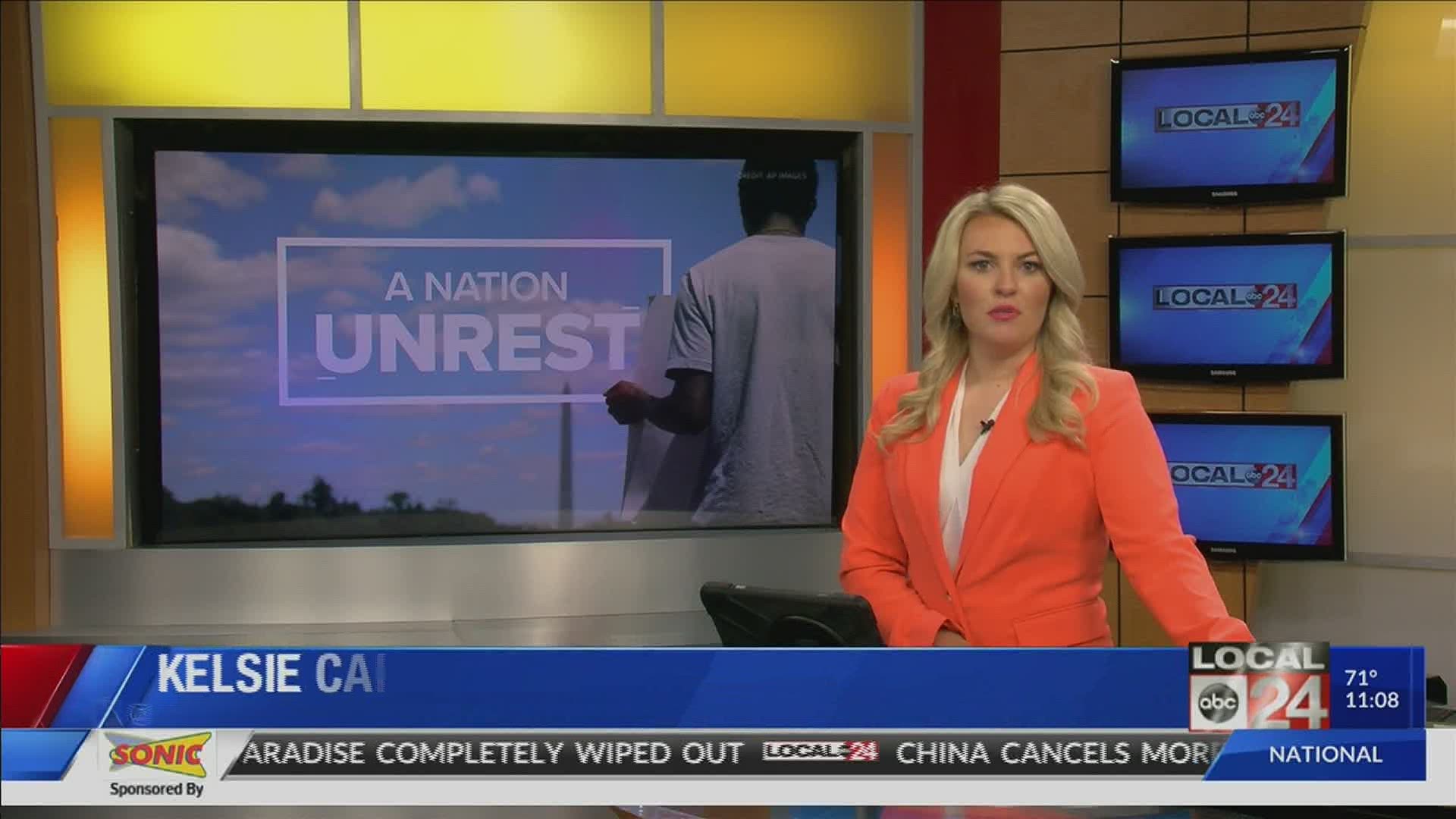MEMPHIS, Tenn. —
"The effects of ‘qualified immunity’ play out on the streets and black Americans have largely paid the price,” said Hedy Weinberg.
She’s the Executive Director of the American Civil Liberties Union of Tennessee.
We keep hearing this phrase "qualified immunity" in the news, on social media, and even during protests.
On Monday, the same day an LGBTQ landmark ruling was reached, the Supreme Court refused to hear any complaints regarding it.
So, what is qualified immunity?
Cornell Law School defines it as a protection for any government official, or in recent cases a police officer, from lawsuits that claim that the officer violated a plaintiff's rights.
Basically, only in times where a public official “violates a clear statutory or constitutional right” will the highest court consider the case.
By its definition, it protects officers before it protects a plaintiff, or a person who files a lawsuit.
Weinberg says the law needs to be re-examined.
She said, "Members of law enforcement regularly get away with unconstitutional misconduct and excessive use of force, simply because no court has ruled on that exact kind of misconduct before."
She says the deaths of George Floyd, Breyonna Taylor, and Rayshard Brooks are examples that make a case for the needed accountability of police officers.
Weinberg said, "We have seen the deadly consequences of a lack of accountability.”
She's calling on Congress to make changes.
She said, "Abolish qualified immunity for anyone acting under color of law to close a loophole allowing government officials to escape accountability for violating constitutional rights."
Local 24 News wanted to get Shelby County District Attorney Amy Weirich's thoughts on this issue since she has personally decided whether to prosecute officers in several police shootings, but we did not hear back.

